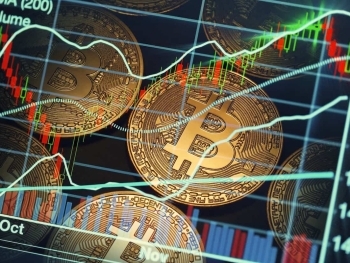Pontius Pilate, the Roman governor of Judea during the first century, emerges from the annals of history as a figure shrouded in moral ambiguity. Tasked with maintaining order in a tumultuous region, Pilate found himself at the epicenter of one of the most pivotal moments in religious history—the trial and crucifixion of Jesus Christ.
Pilate's dilemma unfolded in the context of complex political and religious dynamics. Charged with upholding Roman authority, he faced the challenge of placating a restive population while navigating the intricate power dynamics of the Roman Empire. The trial of Jesus, accused of blasphemy and sedition, presented Pilate with a profound moral quandary that would echo through the ages.
Historical accounts depict Pilate as a conflicted figure torn between his duty to the Roman Empire and the pressure exerted by religious leaders demanding Jesus's crucifixion. The Gospel narratives portray Pilate as engaging in a series of dialogues with Jesus, revealing a struggle with his own conscience and an apparent reluctance to condemn an innocent man.
The symbolic act of washing his hands, as recounted in the biblical narrative, epitomizes Pilate's attempt to distance himself from the responsibility of Jesus's fate. This gesture, however, underscores the moral dilemma faced by Pilate—an acknowledgment of innocence coupled with an unwillingness to defy the political pressures of the time.
While historical records provide glimpses into Pilate's tenure and the events surrounding Jesus's trial, the true nature of Pilate's character remains elusive. Scholars grapple with the challenge of separating historical facts from religious narratives, leaving Pilate's moral standing open to interpretation.
The complexities of Pilate's dilemma resonate in contemporary discussions about the intersection of power, morality, and the consequences of difficult choices. Pilate's historical legacy serves as a cautionary tale, prompting reflection on the moral ambiguities faced by those in positions of authority and the enduring impact of their decisions on the course of history.
Pilate's dilemma stands as a compelling historical narrative, highlighting the moral ambiguities faced by a figure thrust into the crucible of religious and political turbulence. His role in the trial of Jesus serves as a timeless exploration of the challenges inherent in navigating the conflicting demands of duty, conscience, and the pursuit of power. Pontius Pilate's legacy persists as a reminder of the complexities of moral decision-making and the enduring impact of historical figures caught in the crosscurrents of pivotal moments in time.




